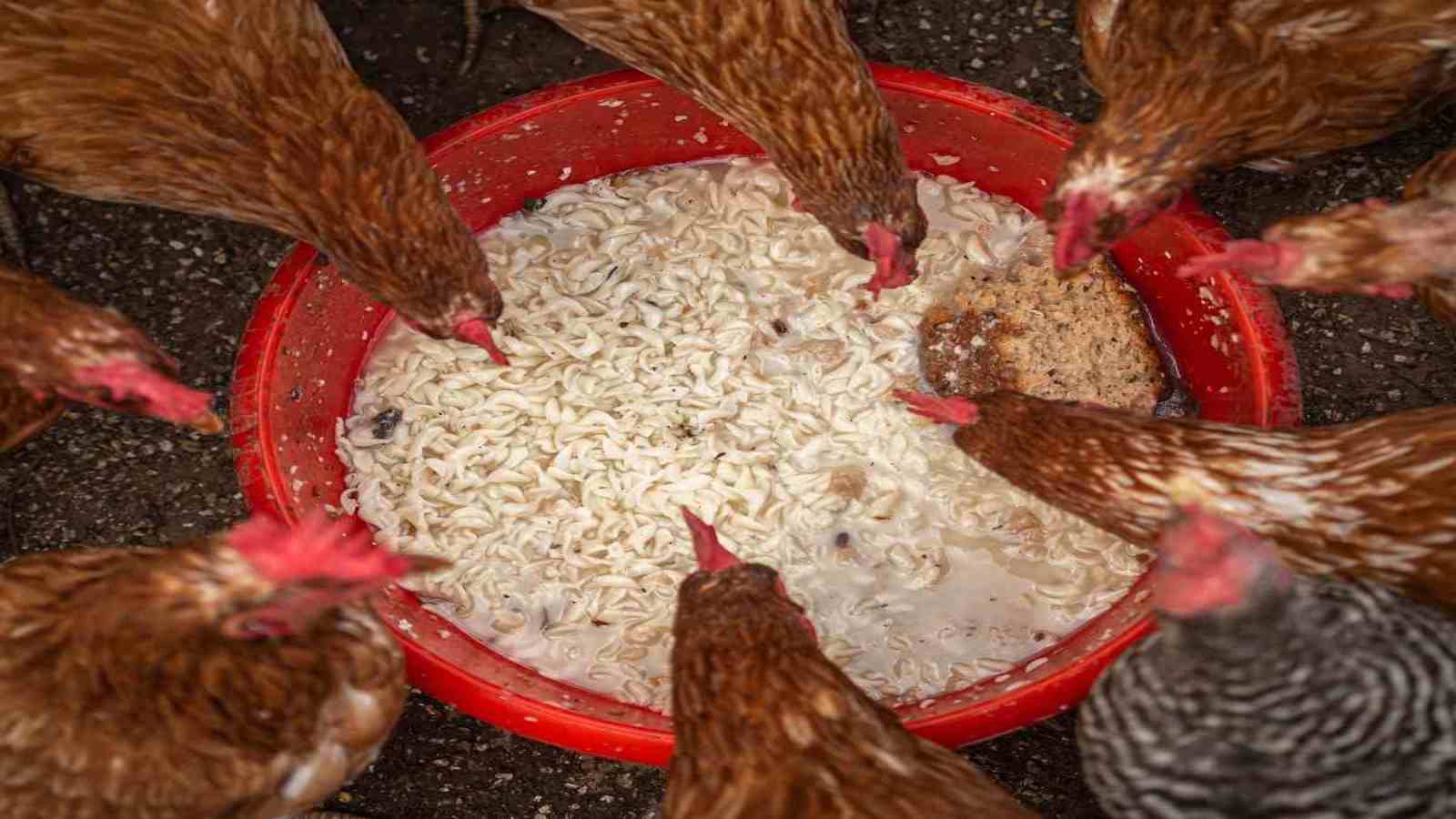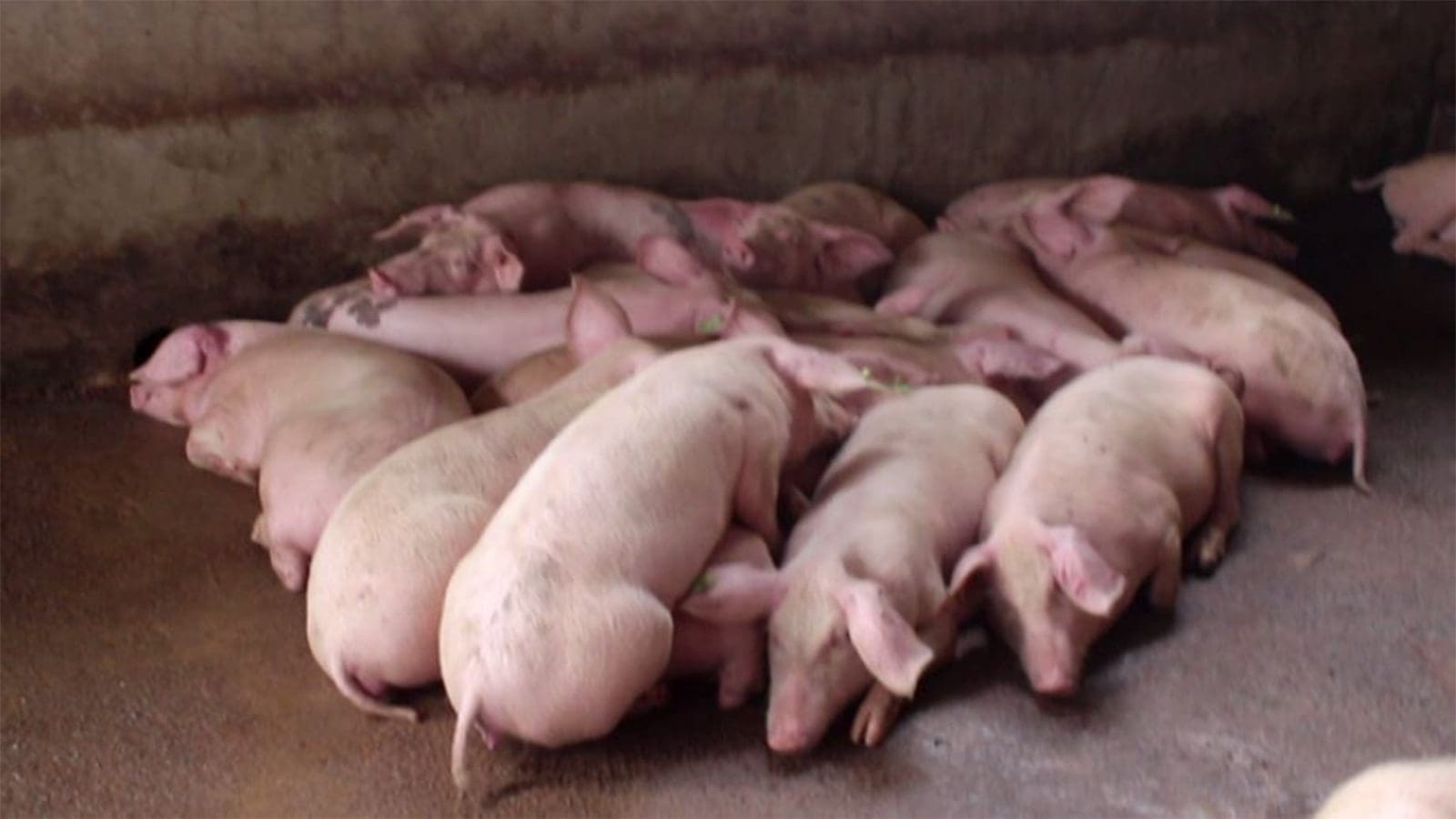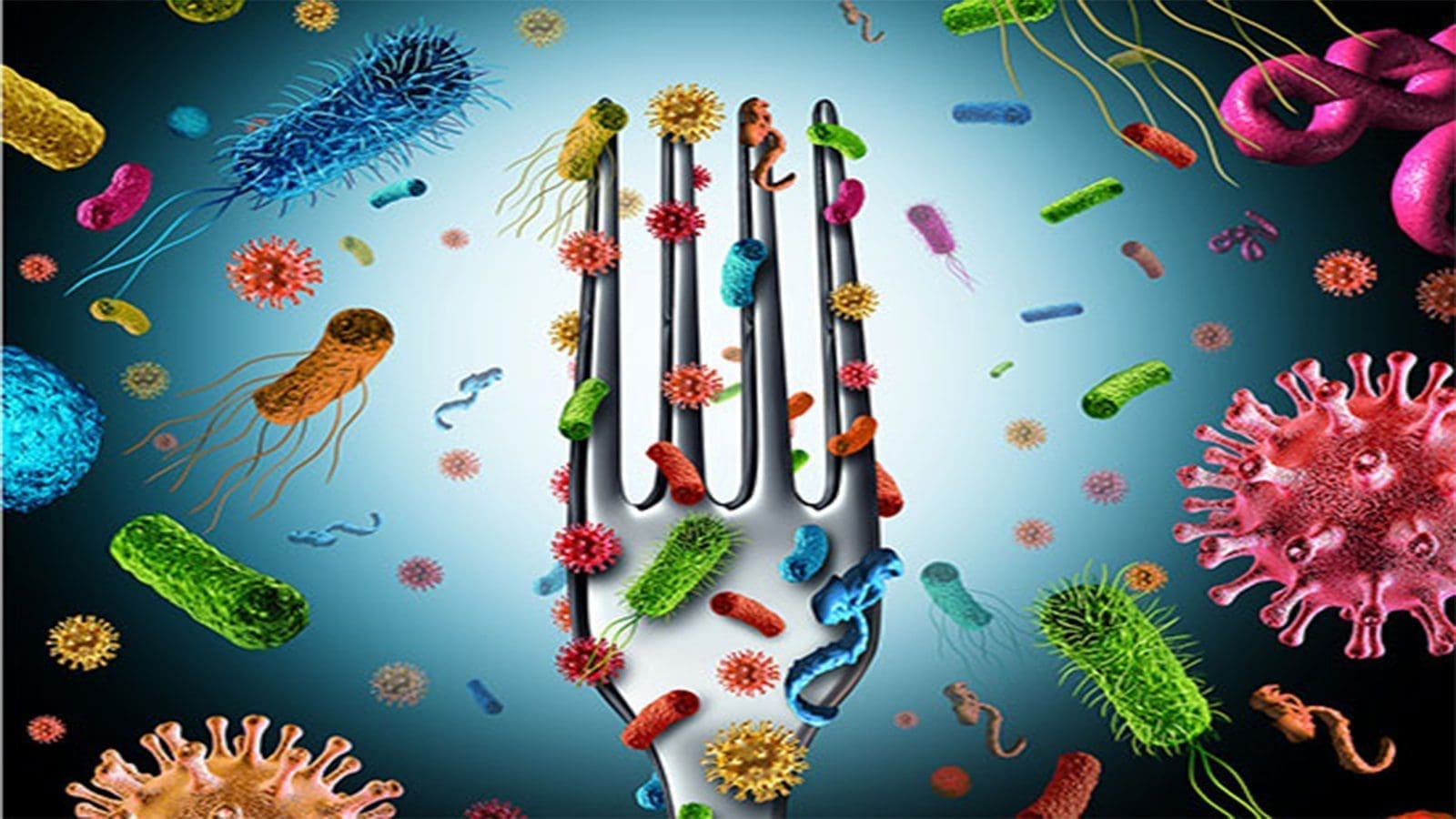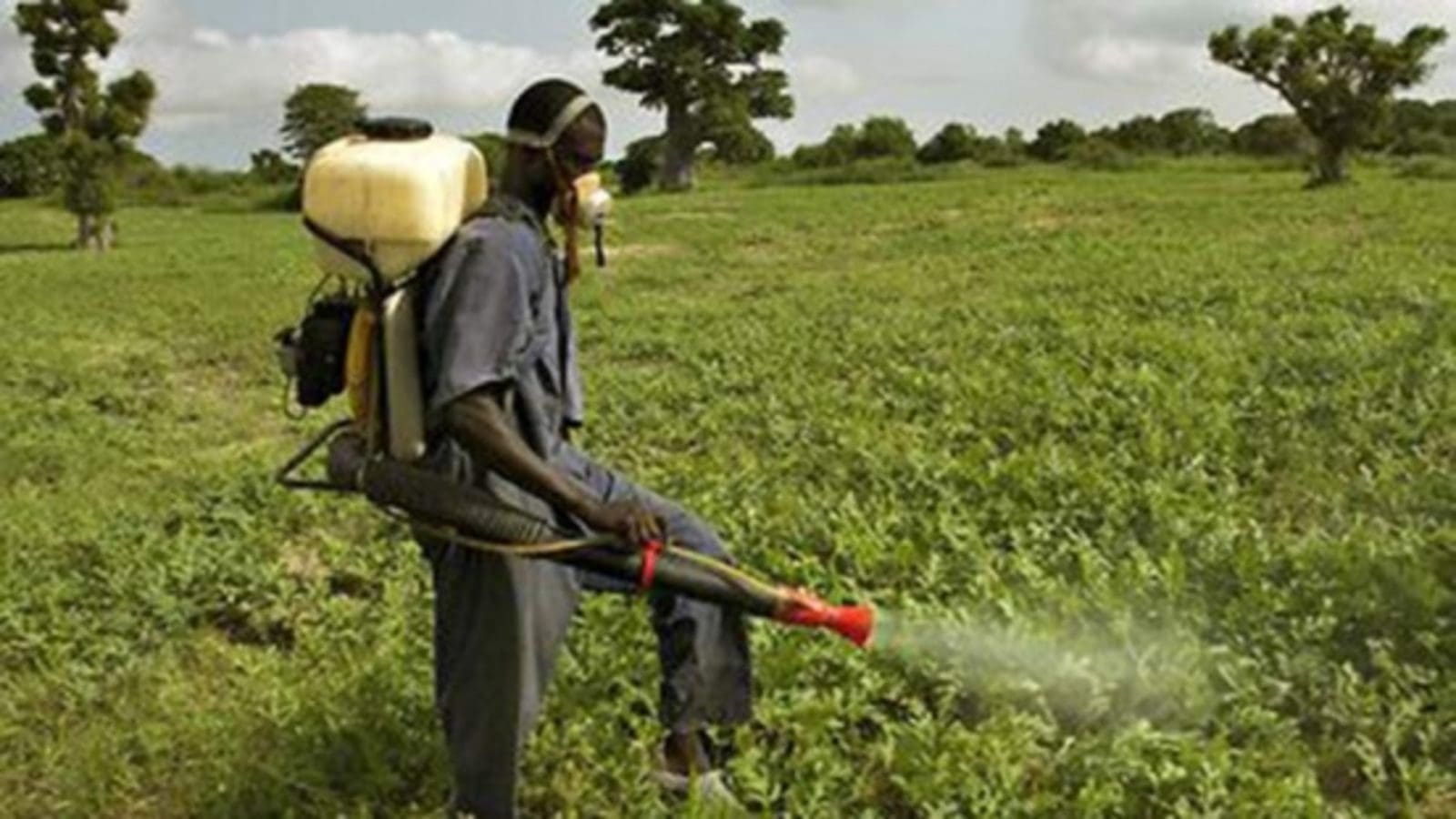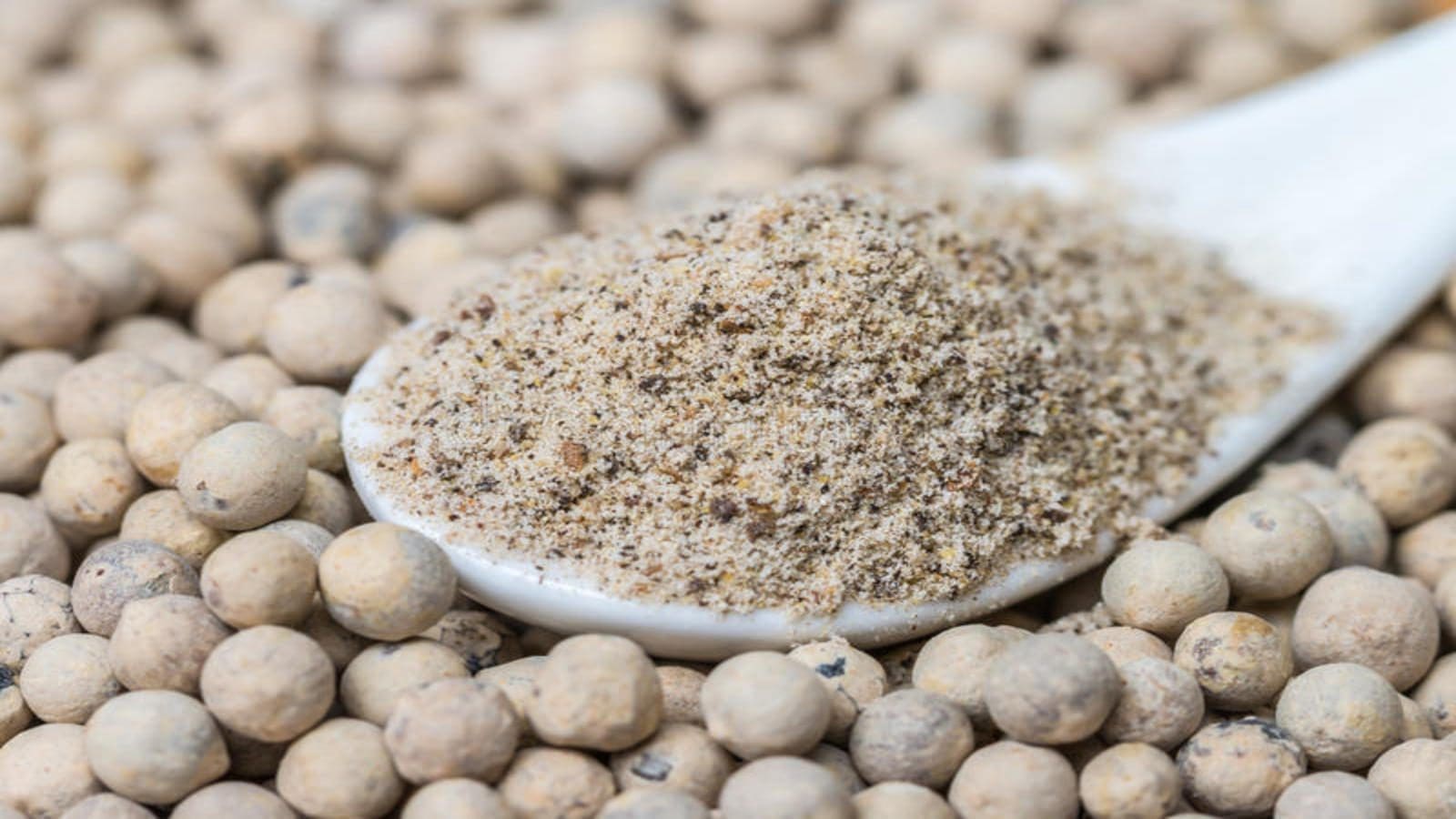KENYA – The Kenya Bureau of Standards (KEBS) and Agriculture Ministry officials have estimated that over 80 per cent of poultry feeds on the market is contaminated with substances like sand, ash and sawdust.
According to Dr Sabriano Mbae Mbauni of the Kenya Agriculture and Livestock Research Organization (KALRO), feed adulteration is widespread, but it is more pronounced in the areas that have a high concentration of poultry and dairy cattle, which includes Kiambu, Kirinyaga, Murang’a and others.
Thousands of poultry farmers in Kirinyaga County are languishing in poverty due to losses arising from the incessant adulteration of animal feeds in the country.
“Adulterated feeds can kill poultry and animals. If they don’t cause death, they stunt the poultry’s growth, leading to low productivity and increase in disease burden, which more than doubles farm expenses,” Mbauni said.
He highlighted that the problem is worsened by the fact that most feed manufacturers, especially small-scale ones, lack basic training in animal nutrition and feed milling technology.
“Feeds account for over 70 per cent of farm costs and, therefore, they have a significant effect on the farmers’ production costs and profits. No wonder, many farmers have abandoned the livestock business,” he said.
Dr Mbauni pointed out that unless checked, feed adulteration will continue impeding the government’s poverty alleviation plans.
Kenya’s animal feeds industry is private sector-led, but there is no clear legislation and institutional framework to guide and regulate it.
The government should come up with a policy that provides for the registration and licensing of feed manufacturers, importers and distributors and establishing an effective animal feeds inspectorate, but so far, no action has been taken in this direction, notes Kenya News Agency.
The County government of Kirinyaga only recently took initiative by setting up a small animal feed factory at Kiaga. The factory has supported many poultry farmers with quality feed for the Wezesha programme implemented by the county government.
The county’s Governor, Anne Waiguru, says the factory will produce poultry, fish and other animal feeds and provide farmers with quality feed.
Dr Mbauni counsels farmers to be vigilant and start on-farm feed mixing to get rid of the unscrupulous farm feed manufactures taking advantage of them. He informed that they have trained farmers in Kiambu, Machakos and Kirinyaga on how to use the locally available materials in making up their chicken feeds.
The researcher revealed that the project supported by the Korea Project on International Agriculture (KOPIA), is already posting positive outcomes.
He said the project entails training of the farmers on the use of the locally available resources in making their farm feeds.
Korea initiated the project to boost agricultural development in the developing countries. Since 2009, Rural Development Administration(RDA) has established the KOPIA(Center in 15 countries of Asia, Africa and South America.
Liked this article? Subscribe to Food Safety Africa News, our regular email newsletters with the latest news insights from Africa and the World’s food safety, quality and compliance. SUBSCRIBE HERE


